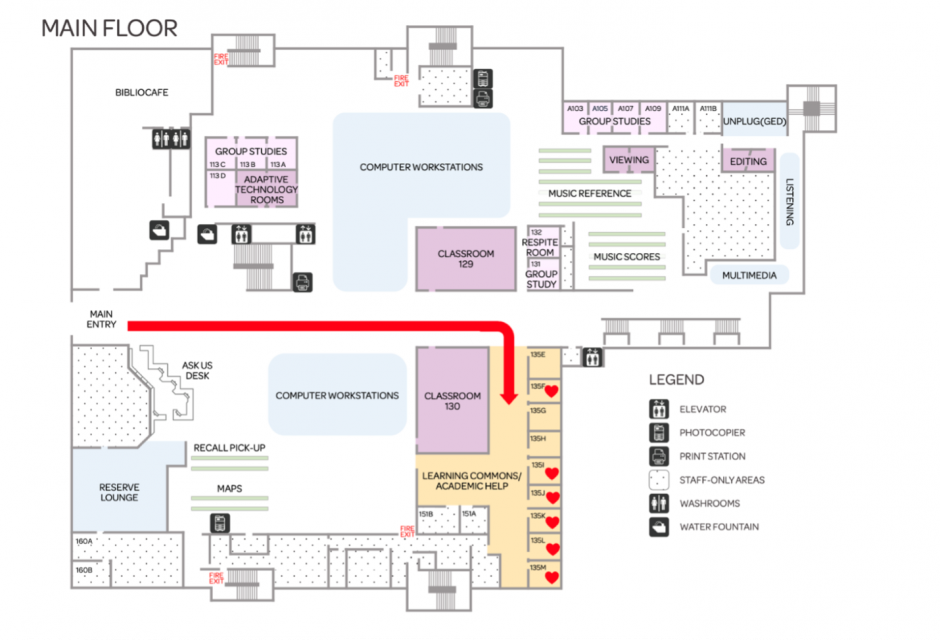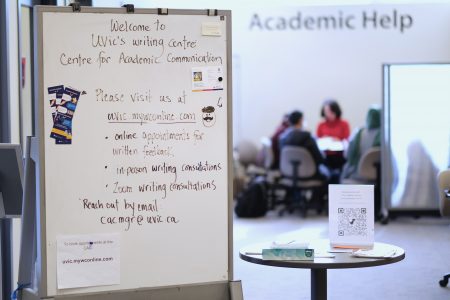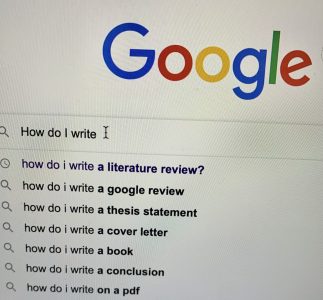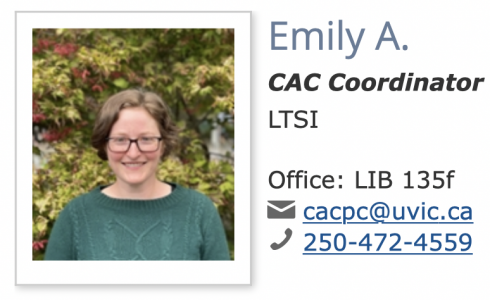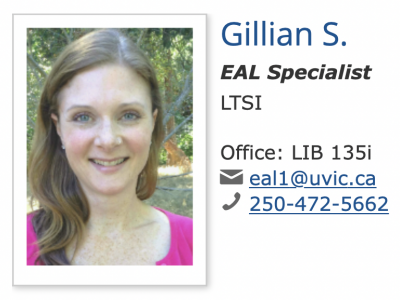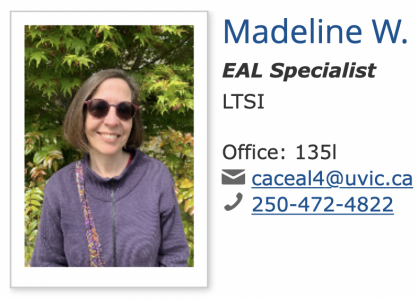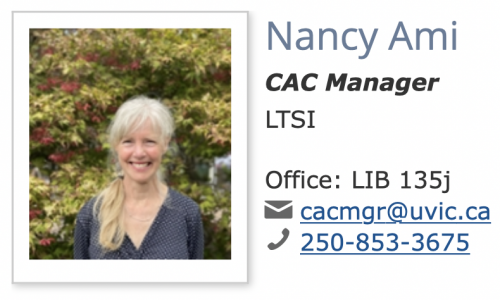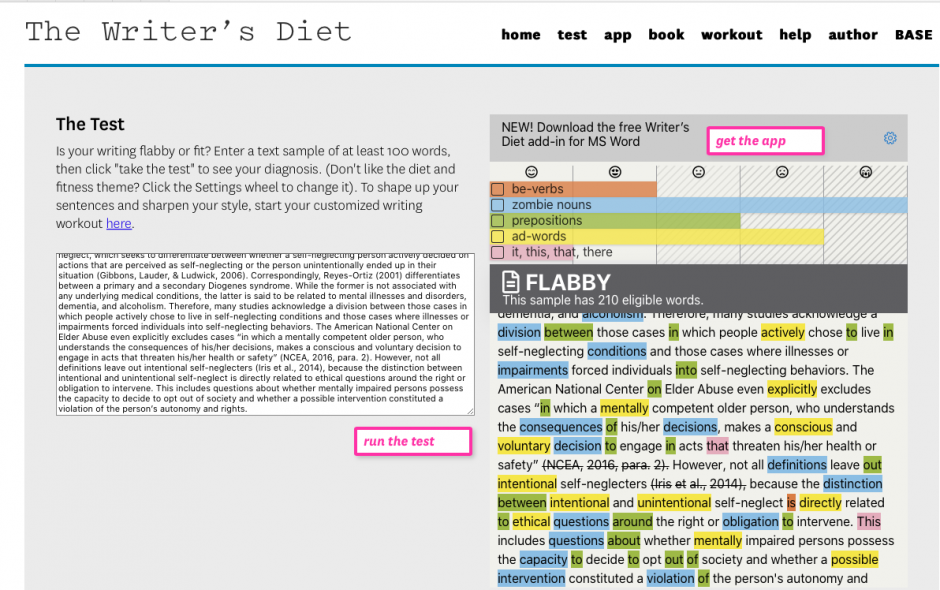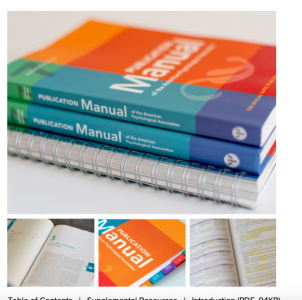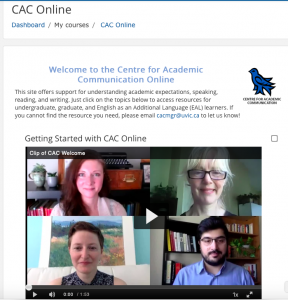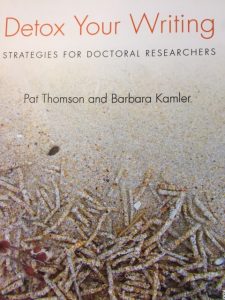We are offering several workshops on Zoom this semester to support your academic success: everything from time management to how to publish your paper. No registration required. We look forward to seeing you at one or more!
Workshop Wednesdays (all welcome!)
Time Management, 1 to 2pm, January 18; Zoom: https://uvic.zoom.us/j/85627506089
This workshop will help students learn the importance of time management by providing students with time-management tips, practical techniques, and self-applied resources on key topics, such as allocating time for exam preparation. No registration required. Contact learningstrategist1@uvic.ca for more information.
Setting up for a Successful Semester, 1 to 2pm, January 25; Zoom: https://uvic.zoom.us/s/82595447222
Setting up for a successful semester starts with establishing your academic priorities and discovering campus resources. In this workshop, we will share tips to get your semester started and tour available CAC programs/services/bookings systems. Contact learningstrategist2@uvic.ca for more information.
Basics of Academic Writing and Research, 1 to 2pm, February 1; https://uvic.zoom.us/j/92556345261
This workshop reviews the main qualities of academic research and how those are translated into the main qualities of academic writing. This knowledge will help you have a better idea of common requirements and expectations in terms of research-based academic writing. We will also introduce and practice some fundamental skills and strategies to write in a way that follows these expectations. Contact Kaveh for more info.
Effective Use of Quotations and Paraphrasing, 1 to 2pm, February 8; https://uvic.zoom.us/j/3097476265
How many quotations is too many?! What does it mean to “put something into my own words?” Organizing a research paper or an argumentative essay and deciding how to use evidence can be tricky. This workshop reviews how to structure at the sentence, paragraph, and essay levels, and how to effectively integrate evidence in the forms of quotations and paraphrasing to support your arguments. Contact Gillian at eal1@uvic.ca for information.
Flow like a river: Creating coherence and cohesion in your writing, 1 to 2pm, February 15; https://uvic.zoom.us/j/7451562018?pwd=MmdtRWlaei9kRnBCVjJLRWNqbkIvdz09
In this workshop, we’ll talk about how to create flow in your writing by looking at global flow (cohesion) and local flow (coherence). We’ll review five effective approaches to creating coherence (organizational patterns and colour coding) and cohesion (known-to-new sequencing, transitional expressions, and getting to the verb). Everyone is welcome! Contact Madeline at caceal4@uvic.ca for information.
Revising and submitting academic work for publication, 1 to 2pm, March 1; https://uvic.zoom.us/j/97389771497
Are you aspiring to publish an academic paper, thesis, or dissertation? Participants in this hour-long workshop will learn how to select a reputable journal, compose an effective cover letter, create a captivating abstract, and polish their manuscript for submission. No registration required. Contact Emily at cacpc@uvic.ca for information.
Resubmitting, proofing, and promoting published work, 1 to 2pm, March 8; https://uvic.zoom.us/j/97389771497
Are you aspiring to publish an academic paper, thesis, or dissertation? Participants in this hour-long workshop will learn how to navigate copyright permissions, how to address reviewer feedback, how to track submissions for publication, how to publish for an academic career, and how to promote published work to increase its impact and reach. No registration required. Contact Emily at cacpc@uvic.ca for information.
The literature review: How to organize, cite, and position yourself, 1 to 2pm, March 15; https://uvic.zoom.us/j/7451562018?pwd=MmdtRWlaei9kRnBCVjJLRWNqbkIvdz09
The lit review is a common genre in academic writing. An effective lit review shows your reader you know the literatures surrounding your research and you can position yourself within the field. By the end of this one-hour workshop, you will be able to 1) describe two ways to start organizing your sources: matrix & map, 2) identify three ways to organize a lit review, 3 )identify an integral and non-integral citation, and 4) describe one strategy for inserting your own “voice” in your literature review This workshop is intended for graduate students, but everyone is always welcome! Contact Madeline at caceal4@uvic.ca for information.
Self-editing strategies, 1 to 2pm, March 22; https://uvic.zoom.us/j/83175390648
Wondering how to strategically polish a final draft? Join us for information about prioritizing sentences and grammar issues when making changes. Discover approaches and tools to streamline the self-editing process. Contact Nancy at cacmgr@uvic.ca for information.
